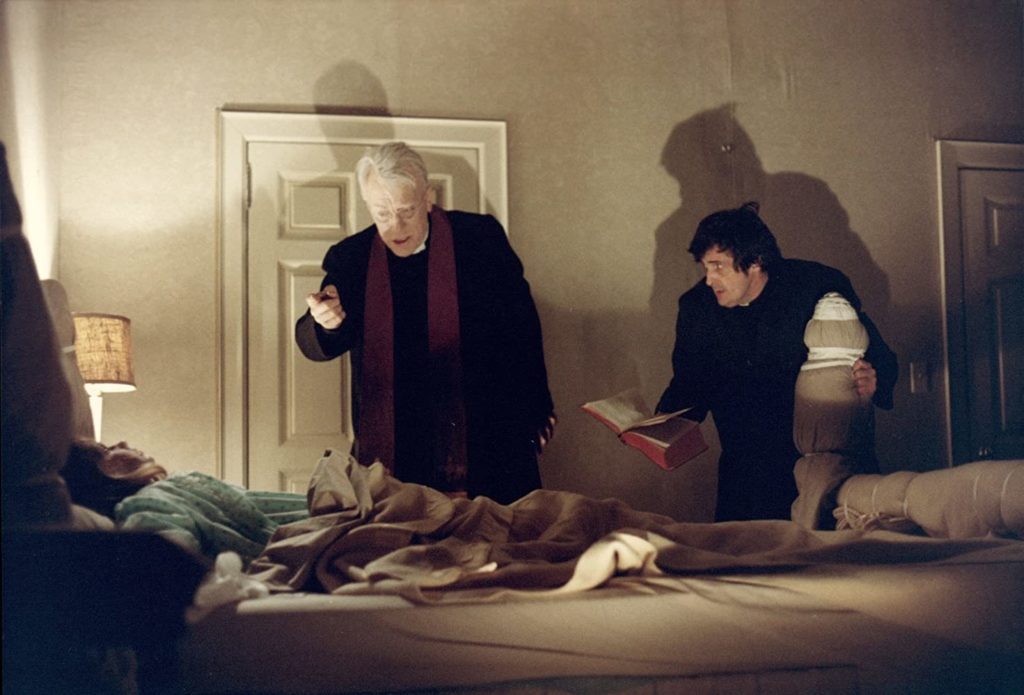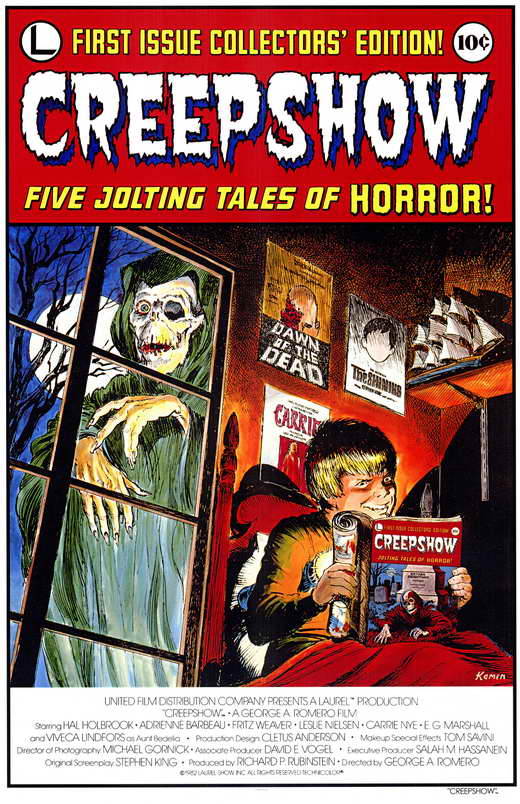
One thing you should know about us is that we love spooky stuff, we can’t get enough of it. Podcasts, books, documentaries, movies, we just love to be scared. And with spooky season right around the corner, we’re mentally preparing for all things, well, spooky. We couldn’t help but start thinking about how our brains and bodies seem to be in cahoots when it comes to our reaction to fear. What we mean is, of course, we’re scared of the dark because we aren’t nocturnal beings made for the dark, so of course, our brain is going to psych us out because it’s all, ‘what’s going on?!’ and we find that fascinating. So let’s take a look at what’s going on in the old cranium when we’re experiencing fear.
The fear reaction starts in our brain but quickly turns physical. As soon as our brains realize we’re scared our amygdala immediately goes to work alerting our nervous system to what’s going on, which in turn, begins to trigger the stress hormones known as cortisol and adrenaline to start pumping. At this point your blood pressure is rising, your heart is beating faster, and even your blood flow is changing from flowing to your heart to flowing to your limbs so you can throw punches or run for your life.

While it sounds like your body is up and moving, fear also triggers a certain fogginess. Your amygdala is working overtime to alert the rest of your body, but while this is happening your cerebral cortex is becoming impaired, and this is the part of your brain that is in charge of reasoning and making good decisions. So if you’ve ever ~overreacted~ at a spook house, this is because the part of your brain that would usually remind you that nothing is real has shut down. Comforting, right?
Fear is great at one thing and that one thing is creating distraction. We can say with almost full confidence that if you start a scary movie or TV show, you’ll soon forget all about what’s stressing you out. And just to keep rolling with this one, fear and the lack thereof can be socially contagious. As humans, we’re naturally social so if we’re watching a scary movie with someone that thinks they’re an actual joke and bursts out laughing over little movie details, we will also see the humor and trade in our fear for laughter.
We’ll leave you with one final finding about fear because we’ve experienced this so many times and each experience is so different: Any imbalance between excitement caused by fear in the animal brain and the sense of control in the contextual human brain may cause too much, or not enough, excitement. (source) So say for instance you can watch every Halloween movie, but Texas Chainsaw Massacre is simply too much, or you can watch any scary movie ever created, but stepping foot in a spook house is simply out of the question, this is because one experienced is perceived as too real, while the alternative experience is perceived as feeling boring.
